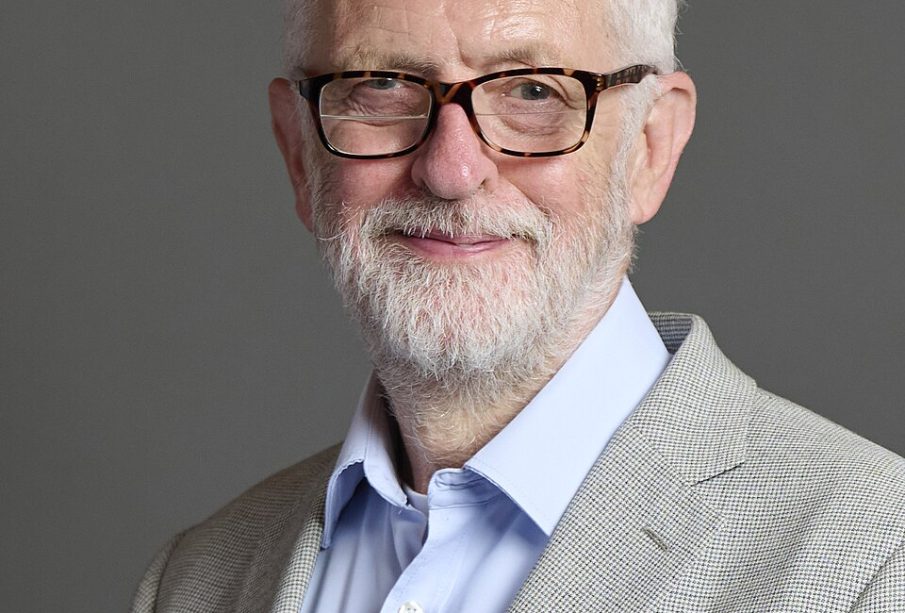The Political Journey and Legacy of Jeremy Corbyn

Introduction
Jeremy Corbyn, the former leader of the UK Labour Party, has been a significant figure in British politics for decades. His unique approach to socialist policies and grassroots campaigning has garnered both admiration and criticism. Understanding Corbyn’s influence is crucial not only for those interested in UK politics but also for observing shifts in public sentiment towards traditional party structures.
Corbyn’s Rise to Prominence
Corbyn entered Parliament as the Member of Parliament (MP) for Islington North in 1983 and steadily built a reputation as a defender of social justice, anti-austerity measures, and foreign policy with a focus on peace. His leadership of the Labour Party began in September 2015, amid a party that was increasingly fragmented over ideological lines. Corbyn’s election was largely seen as a victory for the grassroots movement within Labour, appealing particularly to younger voters who felt disillusioned by mainstream politics.
Key Policies and Initiatives
During his tenure as leader, Corbyn proposed a wide range of policies aimed at transforming the UK’s social and economic landscape. Notable proposals included implementing a National Education Service, expanding free prescription services, and increasing taxes on wealth to fund public services. His platform emphasized a commitment to renewable energy and a green economy, making significant strides towards combating climate change. Furthermore, Corbyn’s anti-war stance attracted significant support, along with criticisms, in an era of ongoing international conflicts.
The 2019 General Election
The 2019 election was a pivotal moment for Corbyn. Despite high hopes, the Labour Party suffered a significant defeat, losing seats across the country, including significant strongholds in northern England. This election loss was attributed to various factors, including internal party divisions, Brexit negotiations, and the perception of Corbyn’s leadership style. Following this defeat, Corbyn announced he would step down as leader, leading to a transition within the party as new leadership emerged.
Current Status and Future Outlook
Even after stepping down from leadership, Corbyn remains a controversial figure and continues to influence discussions within the Labour Party and broader political discourse. His supporters argue that his vision of social justice is more relevant than ever, especially in the context of rising economic inequalities exacerbated by the pandemic. Many political analysts believe that while he may not lead the party again, his ideas will leave a lasting impact on the party’s direction. As Labour approaches the next general elections, the challenge remains in reconciling the differing ideologies within the party while keeping Corbyn’s progressive legacy alive.
Conclusion
Jeremy Corbyn’s political journey encapsulates a shift in the UK’s political landscape towards more progressive ideals. While his time as leader may have ended, the conversation he sparked about social equity, accountability, and inclusiveness remains vital. Moving forward, it will be essential for the Labour Party to strike a balance between traditional and progressive policies, ensuring that Corbyn’s influence continues to resonate in shaping the future of British politics.









